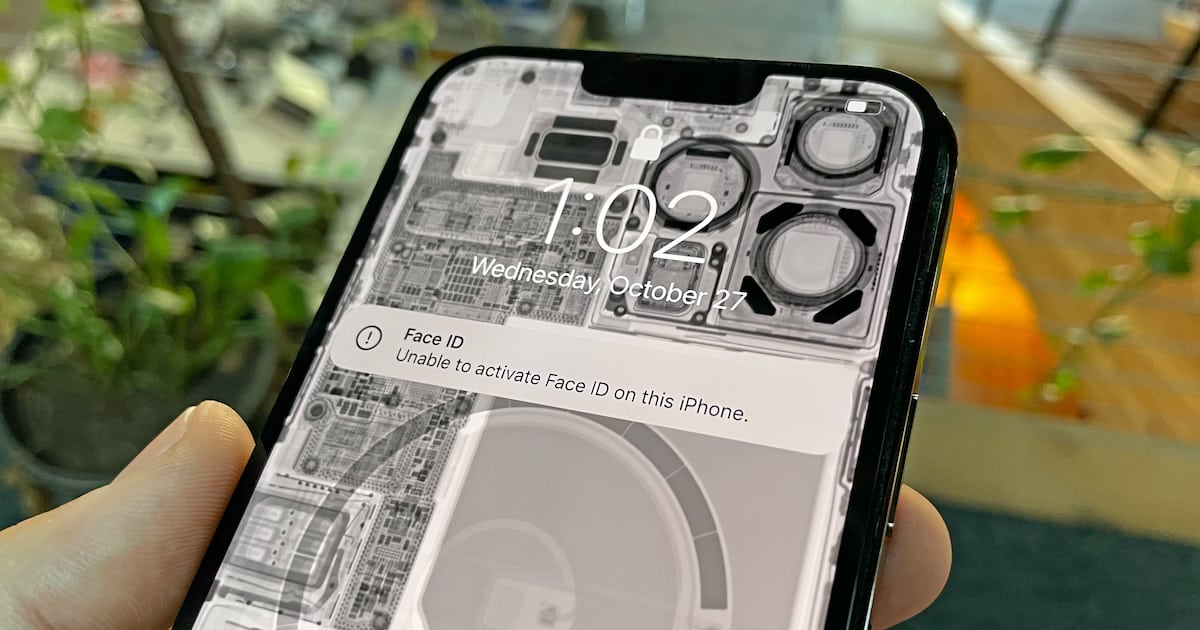There’s a new piece of legislation in Oregon that could change the way iPhones are repaired in the state. The bill, which is heading to the governor’s desk to sign this week, bans what’s come to be known as “parts pairing,” where certain components of a phone or electronic device are serialized or electronically locked to its original housing, preventing you from using it in another one.
Named SB1596, the bill is pretty similar to other right-to-repair laws in other states, like New York, and California, but the parts pairing aspect is what makes it stand out. There are standard stipulations in it that it would require a device maker to make available parts tools and documentation for repair for phones released after 2021. However, three portions of it point to banning Apple’s and other companies’ tactics that make tasks like putting together an iPhone with your own gathered parts harder.
The legislation mentions that device makers can’t “prevent or inhibit an independent repair provider or an owner from installing or enabling the function of an otherwise functional replacement part or a component of consumer electronic equipment.” It also highlights that device makers can’t “reduce the functionality or performance of consumer electronic equipment.” Finally, it highlights that device makers can’t “cause consumer electronic equipment to display misleading alerts or warnings, which the owner cannot immediately dismiss, about unidentified parts.”
Once Oregon state governor Tina Kotek signs the law, the parts pairing ban should take effect for all devices made after January 1, 2025, not covering devices made before then. Apple offers its self-repair program, requiring you to buy parts from them. It is against the bill, and as noted by The Verge the company holds that parts pairing is used to make repairs easier and keep data secure.
